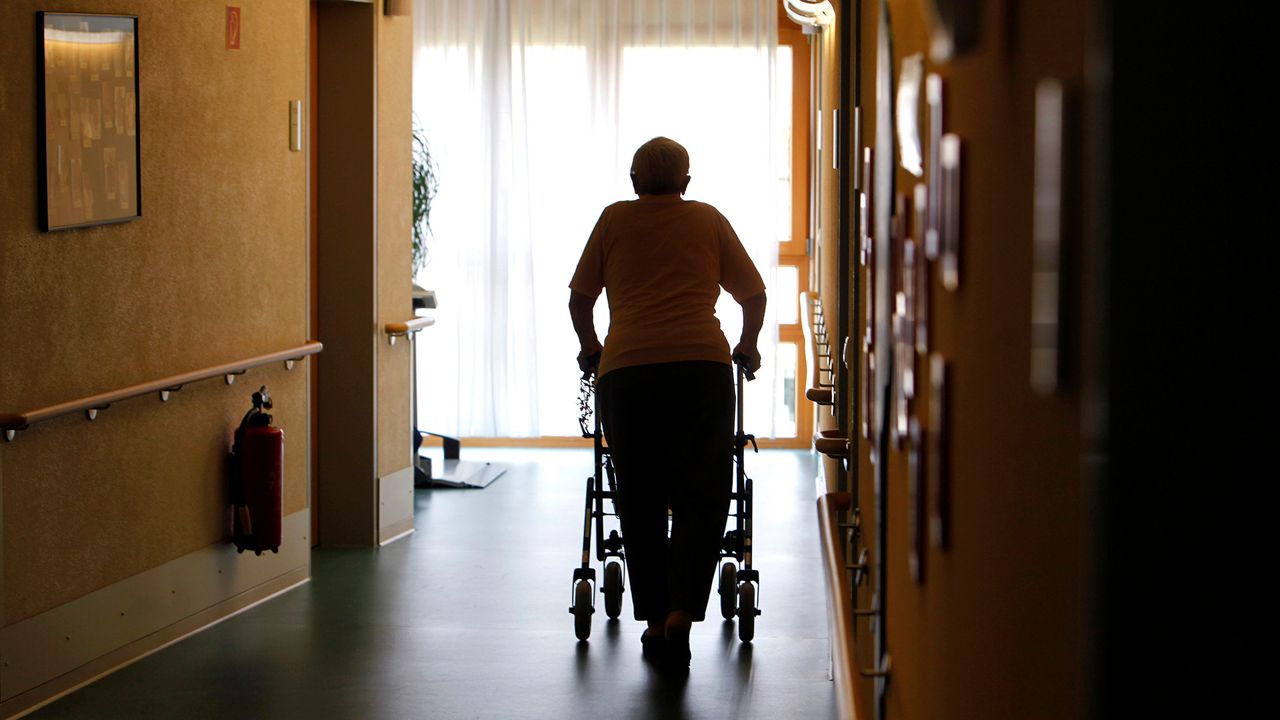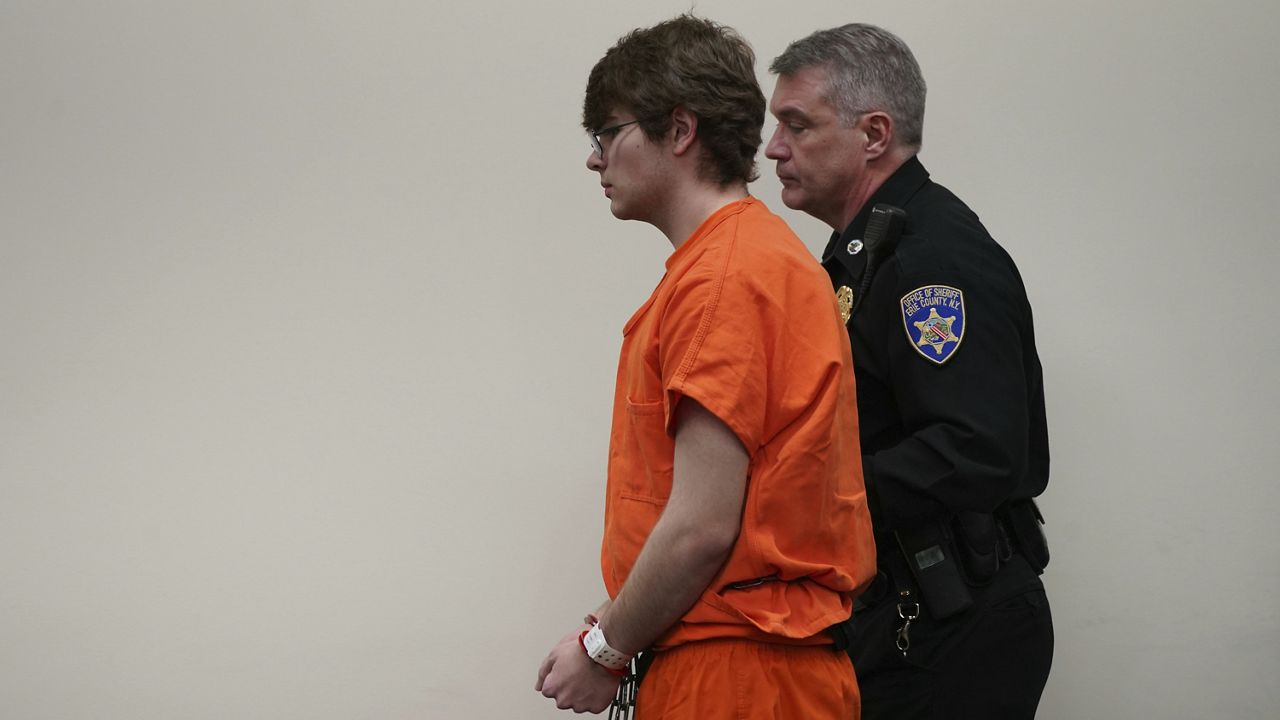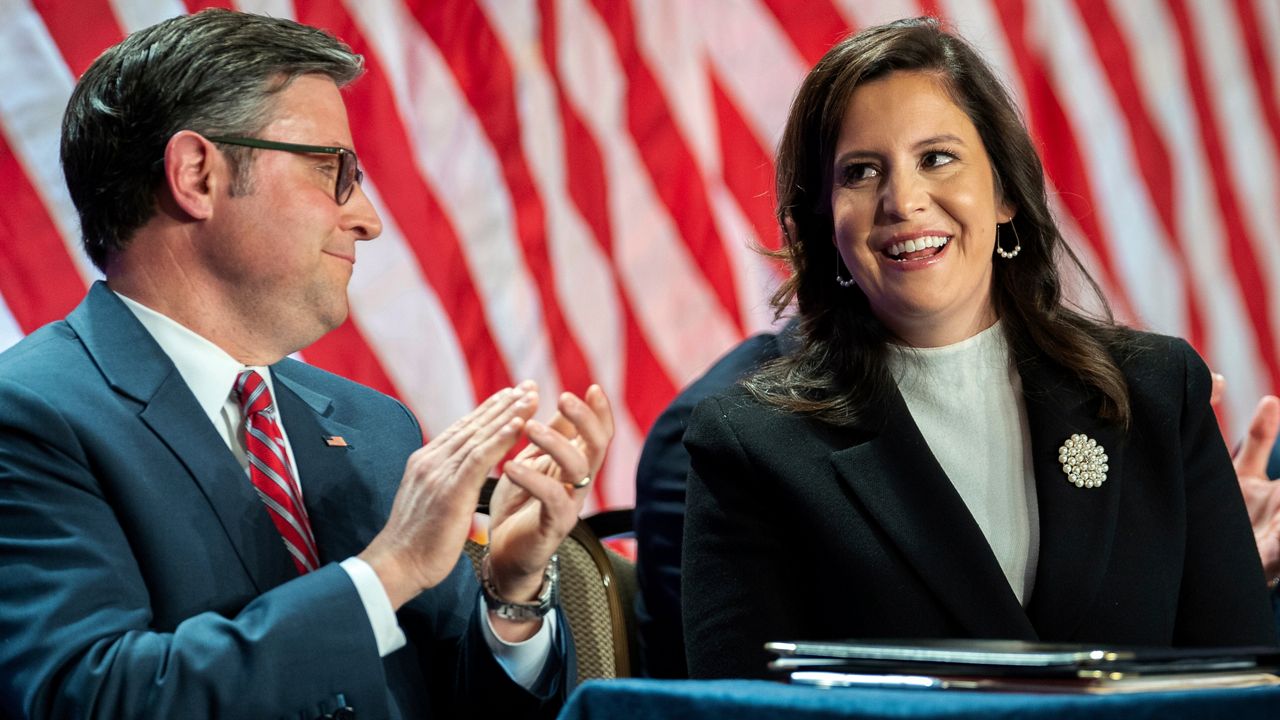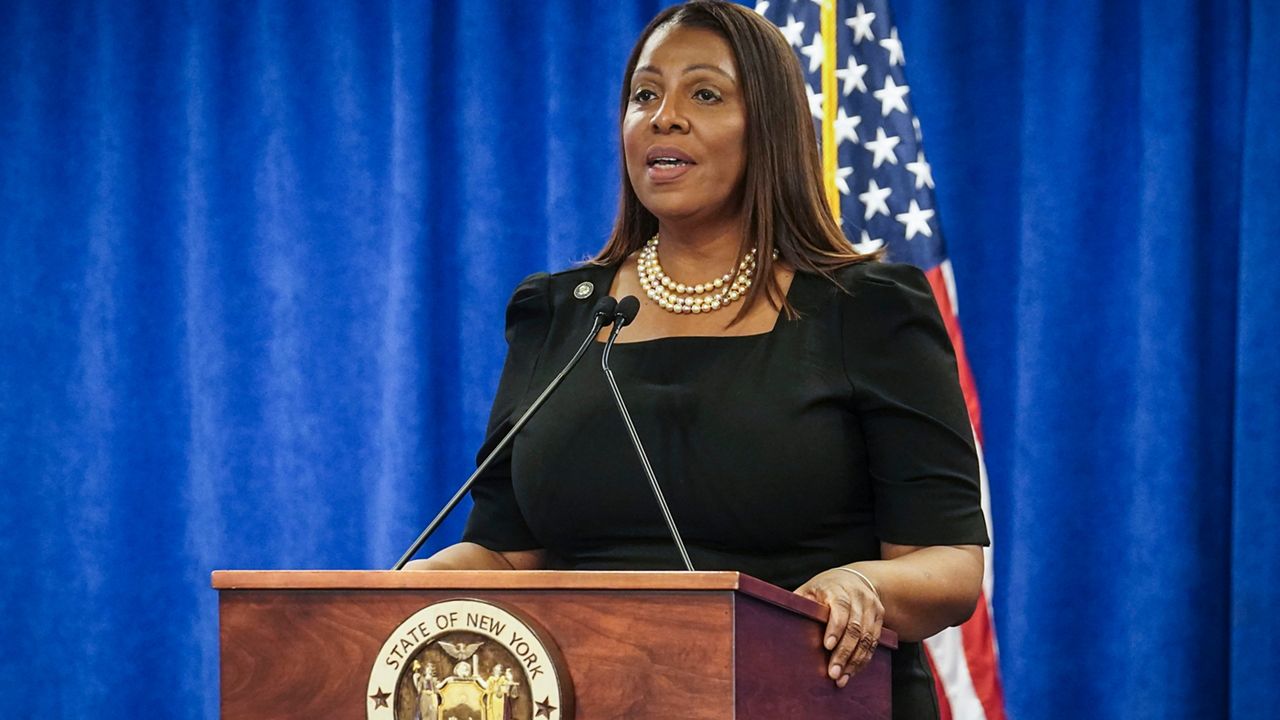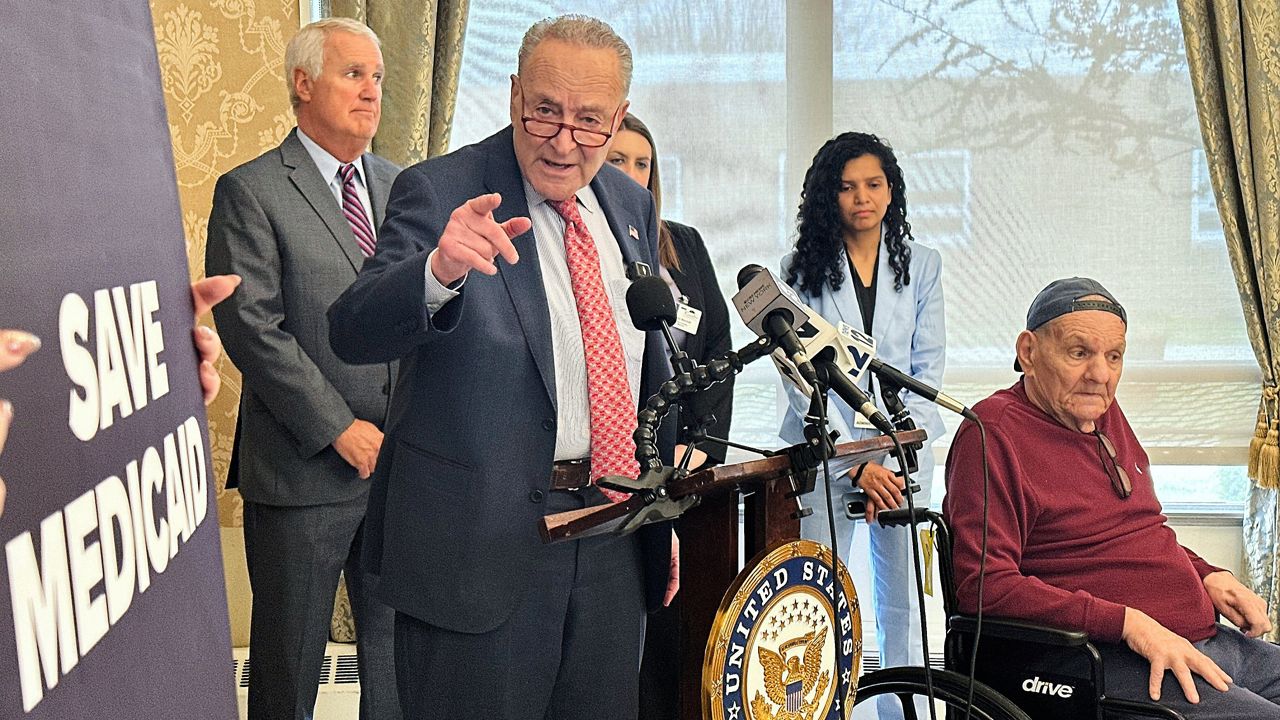For months, Gov. Kathy Hochul has pledged to undertake a review of COVID-19 pandemic policies in New York in order to assess what was done right and what can be improved.
The stated goals of the review came amid a bipartisan push in the state Legislature and by advocates of family members of nursing home residents who died to establish a commission to investigation long-term care facility fatalities in the early months of the public health crisis. And as Hochul took the initial step on Wednesday of beginning to hire an outside consultant to conduct the assessment, questions are being raised over how thorough it can be.
Bill Hammond, a senior fellow for health policy at the Empire Center think tank who has researched issues surrounding nursing homes, said the current composition of the review means it is unlikely to wield subpoena power the same way a commission empowered by executive order or legislation would.
"The researchers would also report to the governor rather than directly to the public – creating a risk that politically sensitive findings and recommendations could be buried or altered," he said.
It's not too late to have an independent commission established, he said.
"Short of that, Gov. Hochul should publicly commit to giving investigators full access to the information they need – and free rein to publish their findings without interference,” Hammond said.
The debate over the state government's handling of the pandemic in New York is especially fraught. The state was hit early by COVID cases and was among the first to shutter public gathering spaces, schools and businesses in order to curtail the spread of the virus.
Then-Gov. Andrew Cuomo came under scrutiny in 2020 for his administration's policies of requiring nursing homes to not turn away COVID positive patients amid concerns hospitals would be overwhelmed.
Cuomo's administration was later found in a report by state Attorney General Letitia James' office to have under counted the number of nursing home and long-term care facility residents who died.
The controversies angered the family members of people who died in nursing homes or who had been living there as COVID patients were brought in to the care settings with vulnerable people.
Hochul, who took office last August, had pledged to strengthen transparency, especially when reporting pandemic-related data.
Her review will go beyond nursing homes to include assessments surrounding schools, businesses, prisons and other entities affected by the pandemic. The review is expected to last a year, pushing a final report well beyond Election Day in November.
Assemblyman Ron Kim, a Democrat who had backed the creation of an independent commission to investigate nursing home policy, said questions remain over the specifics of nursing home policy.
"First, what was the impact of the deadly March 25th order that sent 9,000 COVID-positive patients into unprepared nursing home facilities? Next, what was the purpose of the broad corporate legal immunity — that stripped away patients rights — on nursing homes’ ability to deliver proper care?" he said. "And finally, what was the intent behind hiding the accurate death toll numbers, which precluded the legislators from intervening sooner on behalf of their panicked constituents?"





